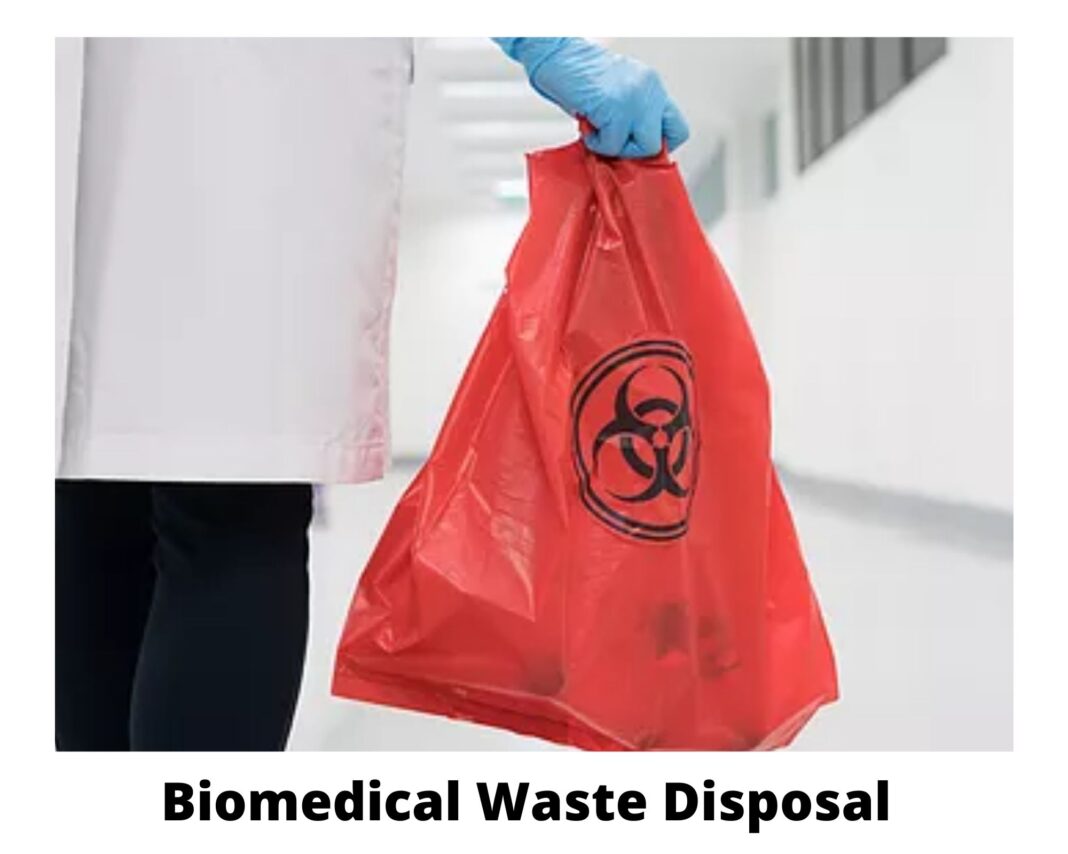What is biomedical waste?
Biomedical waste generally covers most of the used medical equipment. These are items that cannot be reused once they are administered initially. The most common known biomedical waste includes urine bags, syringes, and needles, among others. In a typical lifestyle setting, this waste may pose a great infection; that’s why there is much importance in disposing of them off after use. Getting deeper into a biomedical waste can be classified into a solid or liquid form, such as extracted body fluid or discarded blood.
Importance of Biomedical Waste Disposal
As stated earlier, these wastes may have harmful effects when not properly disposed of. Apart from spreading disease, their hazardous effect may also impact wildlife, water supply, and your reputation. For these reasons, it’s essential to reinforce the importance of proper biomedical waste disposal since the impact may reach far beyond medical facilities. Let’s get deeper into why on-site biomedical waste disposal should be taken seriously.
- Risk Exposed To Staff
Your staff can be harmed even before you dispose of your waste. For the case of sharp objects, you can’t take them into standard receptacles. These sharp objects can damage the staff’s belief in wearing gloved on pick up and those in the transportation of general waste. It exposes your team to contracting devastating diseases like HIV, hepatitis among others, from which some have lasting effects that can lead to death.
- Risk Exposed To Community
as much as biomedical waste disposal is concerned, it also put the community into consideration. Generally, transported waste ends up in landfills, harming the surrounding community, leaching harmful substances into the air, water and land. Other wastes have a lasting life span taking years to break down; as more wastes are added, the potency of contaminations goes up.
- Water Supply
Without following the correct procedure for biomedical waste disposal, these medical wastes tend to works kts way into the water supply by soaking the soil into groundwater. The underground water then flows into the immediate streams, rivers, or springs. At some point, the same water would be regarded as human drinking water whose contaminations cant be broken with traditional means.
- Hospital Brand
Every harmful effect concerning biomedical waste disposal might seem unimportant, but hospital brand and patient perceptions are other things to consider. No one might know if ot nit you’ve disposed of your biomedical waste. But these days, there is increased focus on protecting the environment, which leads to an increased investigative report. Therefore, if you do not have proper biomedical waste disposal solutions, the stakes of being caught are high. For these reasons, there is a need to keep your reputation intact since patients care about their health and environment.
Conclusion
Considering biomedical waste as radio-active and hazardous, there are many benefits for enforcing proper waste management for biomedical waste products generated from medical facilities since its impact can stretch far beyond the community, health care officer, and environment. It means hospital incinerators are solely responsible for biomedical waste disposal and ensuring they comply with the rules and regulations of waste management departments.



















